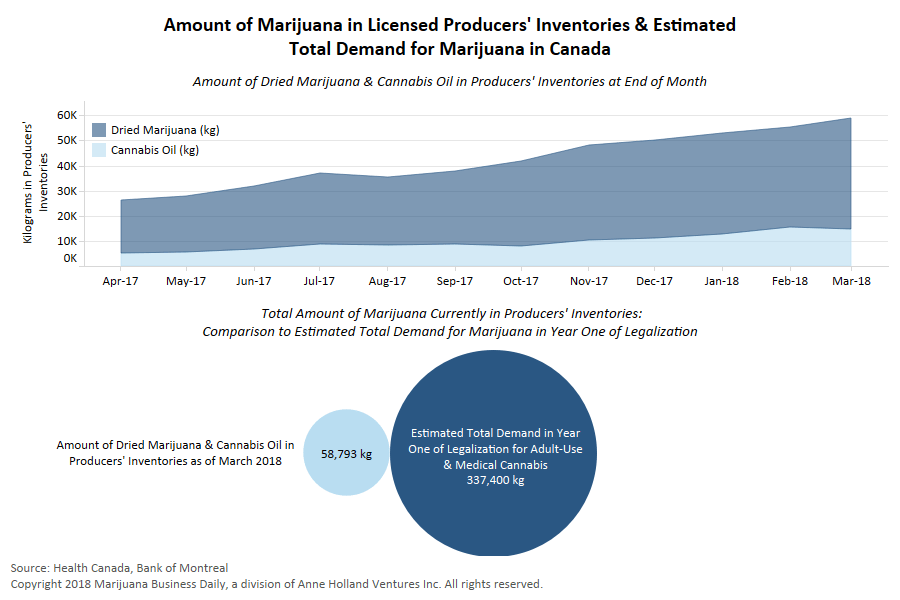One of the nation’s biggest alcohol trade associations has thrown its support behind the legalization of adult-use marijuana, a groundbreaking move that could accelerate cooperation between cannabis and liquor businesses.
The endorsement underscores that the two industries increasingly are finding common ground after years of rivalry.
In a statement, the Wine and Spirits Wholesalers of America (WSWA) said Thursday the federal government should respect the right of states to legalize and regulate recreational marijuana.
The association has roughly 370 members who distribute more than 80% of the nation’s wholesale wine and liquor.
The group noted that “it is the first and only beverage alcohol association” to endorse the legalization of adult-use cannabis.
The announcement moves the association away from its prior “neutral” position on marijuana legalization.
“This is a larger acknowledgment that cannabis is truly a safe recreational product, and could lead to new products that consumers want,” said Jon Cooper, CEO of Ebbu, a cannabis research firm working with Ceria Beverages – founded by Blue Moon founder Keith Villa – to create a cannabis-infused beer.
In its news release, WSWA said it would like to see the implementation of the following regulations, which are similar to those governing the alcohol industry:
- A minimum age of 21 for the purchase, possession and use of marijuana, along with penalties for providing cannabis to minors.
- The establishment of standards governing driving under the influence of marijuana.
- The licensing of producers, processors, distributors and retailers – and policies to prevent vertical monopoly and integration.
- Hours and days of sale parity with beverage alcohol.
- Tax collection and enforcement and measures to prevent diversion of cannabis to other states.
- Labeling requirements that include potency and health requirements.
- Testing to ensure product purity and consistency.
- Advertising restrictions designed to discourage underage access and promote responsible consumption of MJ.
- Restrictions on health claims on packaging.
- The creation of a designated agency overseeing cannabis industry regulation in each state.
- Penalties for violations on par with the state’s alcohol regulations.
- Track-and-trace regulations tying product to source processor/producer.
Cooper welcomed the group’s regulatory recommendations.
“I thought that was a smart way to think about cannabis regulations,” he said. “It’s helpful to our industry to get those kinds of comments.”





